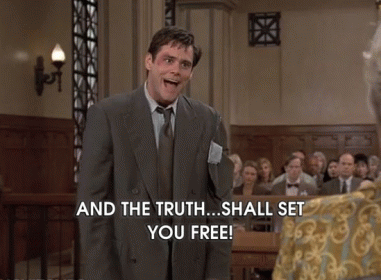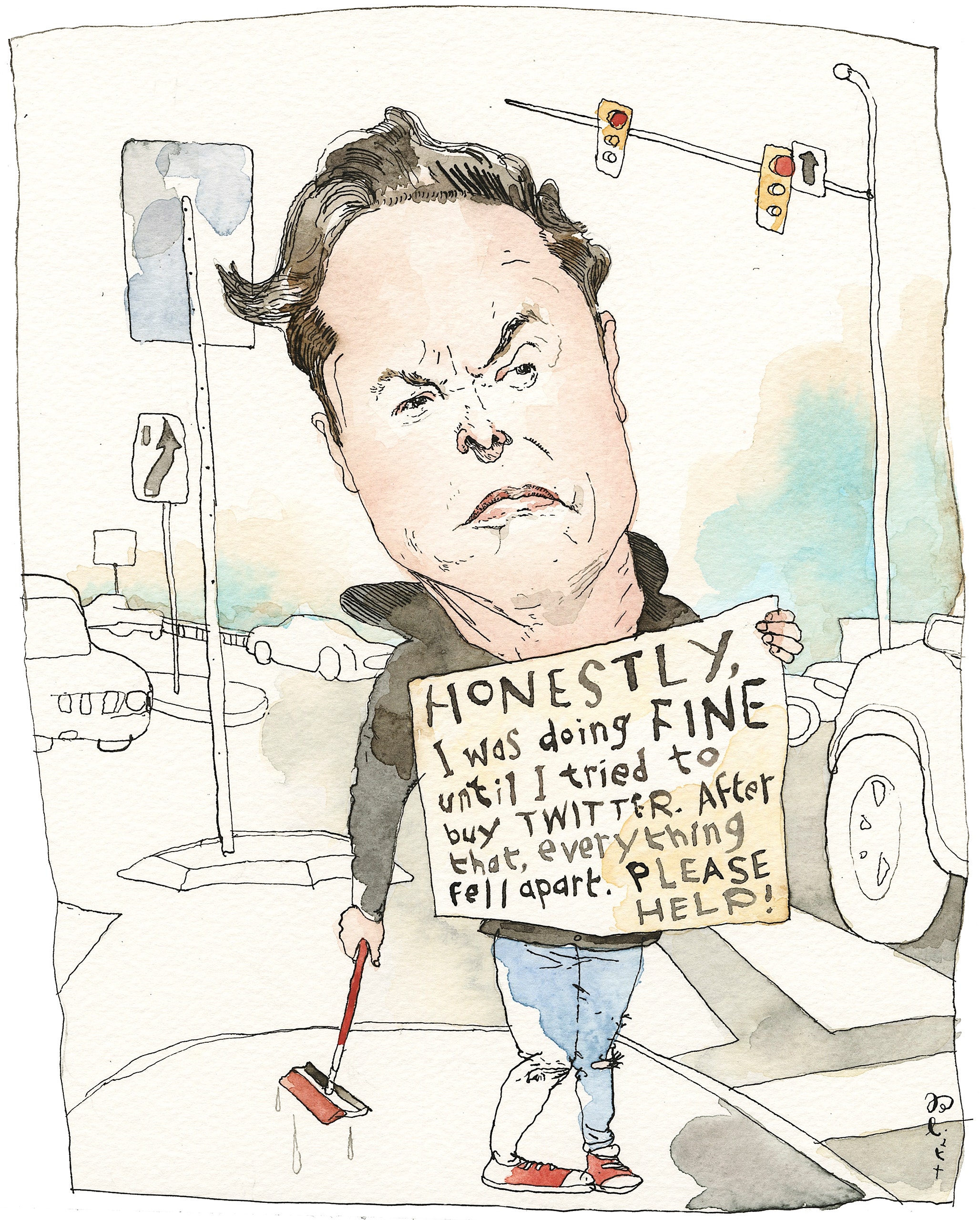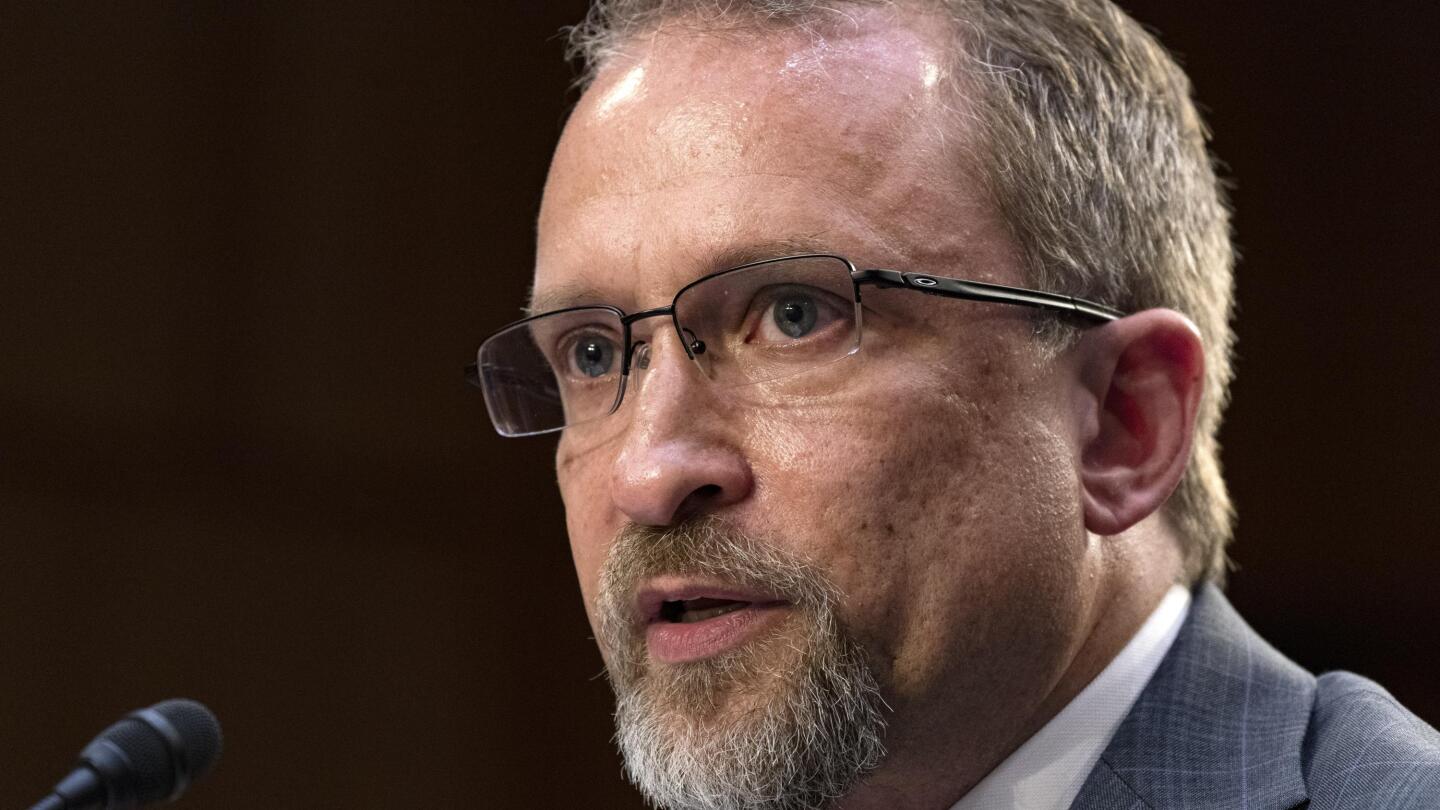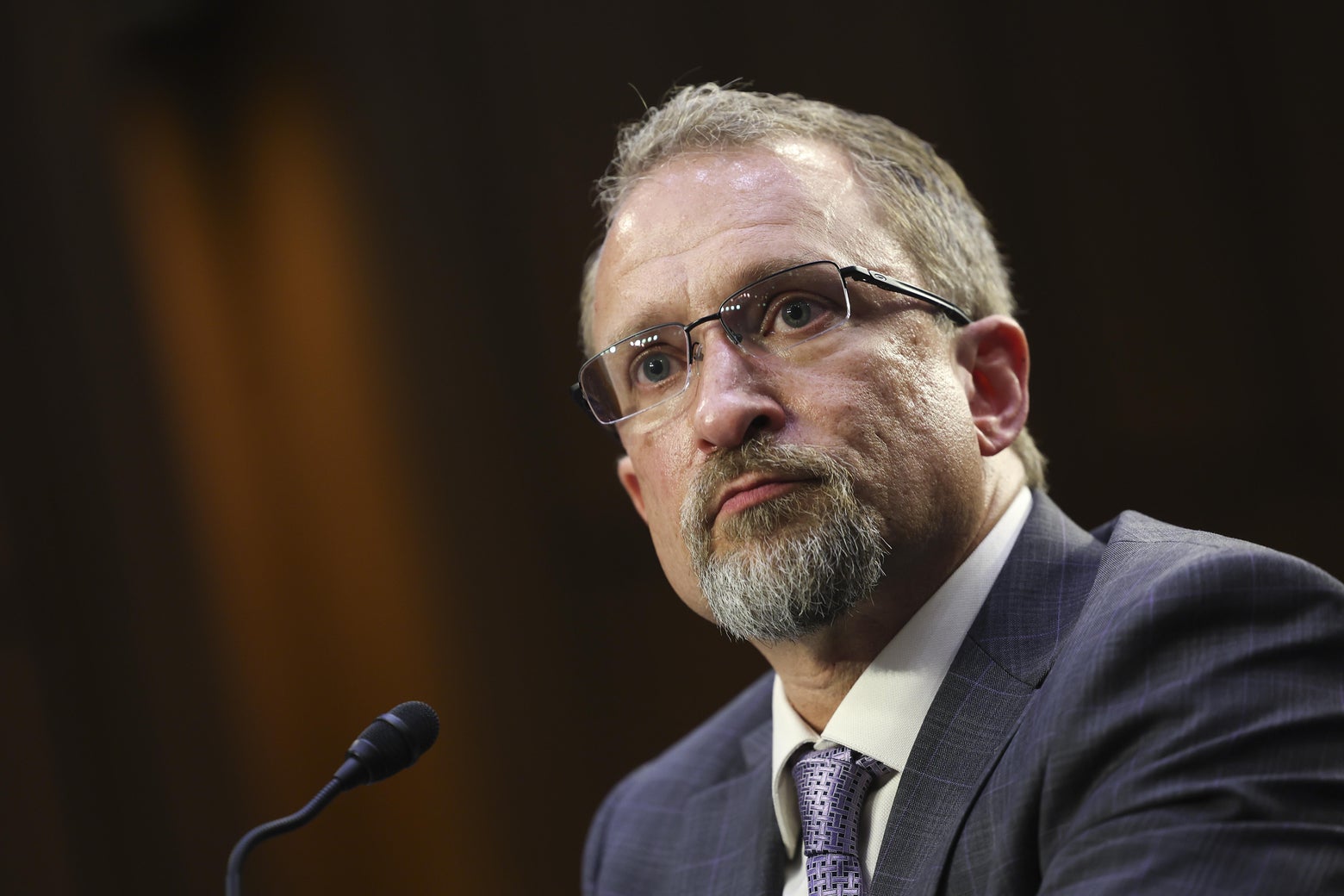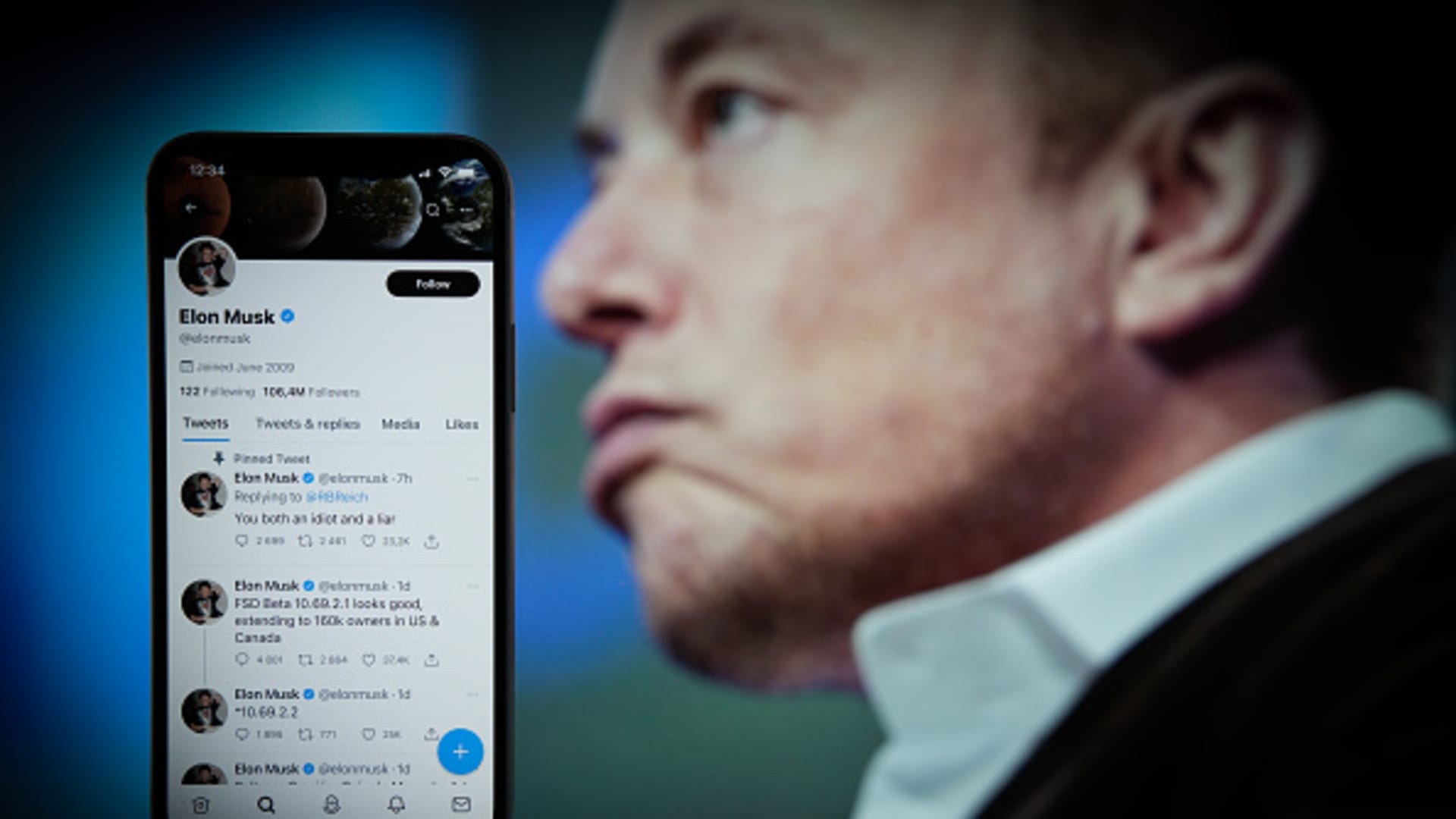Yes! Finally my 18 years as a corporate M&A lawyer have prepared me to post on HROT! A little basic background on how a transaction like this usually works is probably helpful. Full disclosure - the largest deal I have ever worked on is on $20B, so only about half of what this Twitter deal is, however, the steps are generally the same whether you are talking about a $4.4M deal or a $44B deal.
Generally, the first step is that the parties sign a Non-Disclosure Agreement (NDA) that allows the target to share information about itself with the prospective buyer or buyers (in many cases there is more than 1 interested party). Once a buyer has enough information to make what they think is at least a reasonable offer to the seller they will advance to step 2.
Step 2 is generally a non-binding letter of intent (LOI). Note the words non-binding - no one has agreed to do a deal yet. However, there is generally a decent idea of what the price will be (sometimes with a range), an agreement on methods and subjects of due diligence, and usually an exclusive bargaining window where the Seller can't shop the company to anyone else. Interestingly, in my experience, the bigger the deal, the shorter the exclusivity window - people want big deals to move fast because there is a lot more risk of them becoming public. It is important to note that at this point, the deal is almost always still confidential. Here is where the NDA starts to do the heavy lifting.
During step 2, the Buyer will request access to all of the material information regarding the company. This will include financials, projections, material contracts, employee information, etc. Sometimes, certain things are limited in who can see them for competitive/anti-trust reasons - this is usually where the Buyer is a strategic buyer who is likely to be a competitor of the seller (as opposed to an investment buyer). I won't go into this here, because it does not really matter for Musk buying Twitter, however, it is an interesting area if you are interested in this part of the law!
So, IMO, if you are on the buy side (where Musk is on this Twitter deal) Step 2 is where you want to do most of your work. You are not committed to anything yet. This is where he should have asked for this Bot information. It is clearly material information in determining the purchase price of a company that makes its money based on its number of unique users. Not asking about it here would, in my opinion, be malpractice. There is a caveat though. Twitter was not actively shopping the company, so there is a chance that Step 2 never really happened. Musk made his statement about buying the company and may have skipped straight to step 3. This is the M&A equivalent to buying a house sight unseen. It is done sometimes, but it is extremely risky! I would never advise a client to do it and honestly would think about not taking on the deal if they did.
Step 3 is the signing of a definitive purchase agreement (for public companies this will almost always be called a Stock Purchase Agreement or Share Purchase Agreement - abbreviated SPA). This is where we have decided to get married. This document is binding, will have a definitive price (or stock consideration depending on the structure) and will have VERY FEW outs. This is where Musk and Twitter are currently. It is very hard for one side to unilaterally terminate a deal, however, there will be a couple of ways. One of them is the MAE (Material Adverse Effect) argument that Musk is trying to argue here. An MAE is usually defined as some change that is specific to the business that happens after the signing of the SPA which materially impacts the business's prospects. The best example is in pharmaceuticals. If you are a buying a company the developed a drug you think is going to get FDA approval and you sign your deal, then that approval falls through, that is an MAE and you can likely call off the deal. However, it should also be noted that MAE definitions are HIGHLY negotiated and no two are the same, so the next paragraph is an educated guess.
With every MAE I have dealt with, time was a factor. This means that, the issue that caused the MAE could not be known to the Buyer at the time the SPA was signed. It had to be something that happened AFTER the deal was signed or if it didn't happen after, was unknown to the Buyer and could not have been discovered exercising reasonable diligence. This is where I think Musk as a problem. He has been publicly complaining about bots for a long time. This is not something that just came up. He clearly knew that bots are an issue for Twitter and signed the deal anyway. This might make his MAE argument tougher. And MAE arguments are very hard to win for a Buyer.
If he really wants to get out of the deal, which I am not sure he does yet based on the arguments he is making (although I will admit I am really torn here!), I am a bit surprised that he is not going after a fraud in the inducement argument - that he was essentially duped into paying the price he has agreed by Twitter's SEC filings claiming that less than 5% of accounts are bots. If he could somehow figure out that that statement is untrue, he may be able to argue that, MAE or not, he never would have signed the deal if he had known the truth and the SEC statements amount to fraud (this would be REALLY interesting, because clearly the SEC would be interested in this - I actually think this is one reason Twitter doesn't want to disclose the bot information - but that is also a discussion for another day). Under this argument, that little sentence that Twitter throws into its SEC filings about its numbers possibly being wrong is doing a lot of work!
TL,DR - Corporate M&A lawyer thinks Musk screwed up his due diligence and is now trying to argue MAE, which he will have a tough time winning. If you made me bet, I think he will end up paying the break up fee and not buying Twitter.



